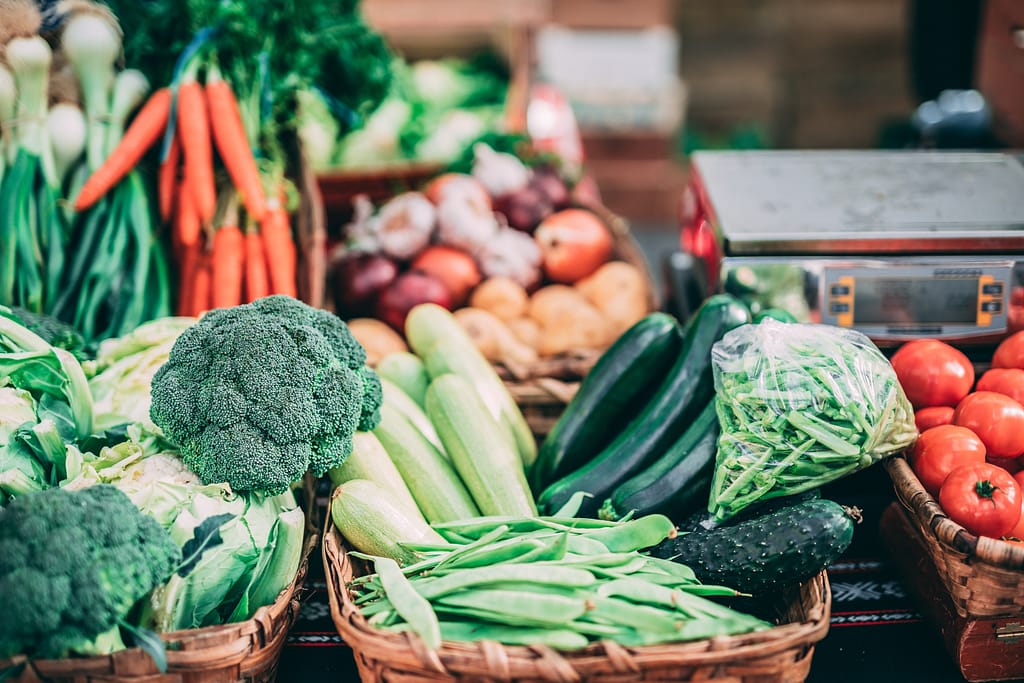

The Role of Fibre in Weight Loss and Overall Health
We often hear the phrase “Did you take enough fibre today?” It’s not just a passing question; fibre plays a vital role in our overall health and, importantly, in weight management. Let’s explore how incorporating fibre into our diets can contribute to weight control and why it’s a key factor in losing weight.
The Benefits of High-Fiber Diets for Weight Control
One of the best-kept secrets in weight management is the power of high-fibre diets. Have you ever noticed that after consuming a meal rich in fibre, you feel full for a longer period? This feeling of prolonged satiety is a game-changer when it comes to controlling your body weight.
Why Fiber Keeps You Full
The mechanism behind fibre’s ability to keep you feeling full is quite simple yet incredibly effective. When you consume a meal high in fibre, it takes longer for your body to break down and digest. As a result, you remain satisfied for an extended time, which naturally reduces your overall food intake. This natural appetite suppression is a crucial tool for managing your body weight, as it helps prevent overeating and excessive calorie consumption.
Fibre vs. Processed Foods
In contrast, processed foods, such as fast-food burgers, lack the fibre content necessary to provide that feeling of fullness. Have you ever finished a fast-food meal only to find yourself still hungry shortly after? This is because these meals often lack the fibre needed to trigger the body’s satiety signals. Incorporating more fibre-rich options into your diet can help curb these hunger pangs and promote healthier eating habits.
Understanding Soluble and Insoluble Fiber
Fibre comes in two main types: soluble and insoluble, and both offer unique benefits for your health.
-
Soluble Fiber: This type of fibre dissolves in water, forming a gel-like substance in your digestive tract. Not only does it help lower cholesterol levels and reduce the risk of heart disease, but it also plays a role in regulating blood sugar levels. Foods rich in soluble fibre include black beans, lima beans, brussels sprouts, avocado, sweet potato, broccoli, turnips, apples, and pears.
-
Insoluble Fiber: On the other hand, insoluble fibre adds bulk to your stool and helps regulate bowel movements. It promotes healthy digestion and prevents constipation by ensuring waste is promptly removed from your body. Foods high in insoluble fibre include whole wheat flour, wheat bran, cauliflower, green beans, and potatoes.
Optimal Intake of Fruits and Vegetables
A simple and effective way to increase your fibre intake is by incorporating more fruits and vegetables into your meals. Aim for at least 1 ½ cups of these nutrient-rich foods with every meal. Not only do they provide essential vitamins, minerals, and antioxidants, but they also contribute to your daily fibre needs.
Recommended Fiber Intake
It’s essential to know your recommended daily fibre intake. Women are advised to consume around 25 grams of fibre per day, while men should aim for 30-38 grams. By meeting these targets, you provide your body with the tools it needs to maintain a healthy weight and support overall well-being.
Conclusion
Fibre isn’t just a dietary component; it’s a powerful tool in your weight management journey. By incorporating more fibre-rich foods into your meals, you can harness the natural appetite-suppressing effects of fibre and take control of your eating habits. So, the next time you ask yourself, “Did you take enough fibre today?” remember that you’re not just supporting your digestion; you’re also promoting a healthier weight and a happier you.
FAQs (Frequently Asked Questions)
-
Can I get fibre from supplements? While fibre supplements can be helpful, it’s always best to obtain your fibre from whole foods, as they come with additional nutrients and benefits.
-
Are there any risks associated with consuming too much fibre? Consuming excessive amounts of fibre can lead to digestive discomfort. It’s important to gradually increase your fibre intake and drink plenty of water to support healthy digestion.
-
Can children benefit from a high-fibre diet? Yes, children can benefit from fibre-rich foods as well. Just be mindful of age-appropriate portion sizes and offer a variety of fibre sources.
-
Do fibre-rich foods only aid in weight loss? No, fibre-rich foods offer a range of health benefits beyond weight management, including improved digestion, heart health, and blood sugar regulation.



You are my aspiration, I possess few blogs and often run out from brand :). “Yet do I fear thy nature It is too full o’ the milk of human kindness.” by William Shakespeare.
Hey! Would you mind if I share your blog with my myspace group? There’s a lot of people that I think would really enjoy your content. Please let me know. Thank you
Of course, you can. Thanks
I loved as much as you’ll receive carried out right here. The sketch is attractive, your authored subject matter stylish. nonetheless, you command get bought an edginess over that you wish be delivering the following. unwell unquestionably come more formerly again as exactly the same nearly a lot often inside case you shield this hike.
Thanks
Youre so cool! I dont suppose Ive learn anything like this before. So good to search out someone with some original thoughts on this subject. realy thank you for starting this up. this web site is something that is wanted on the internet, someone with somewhat originality. helpful job for bringing something new to the internet!
Appreciate your comment